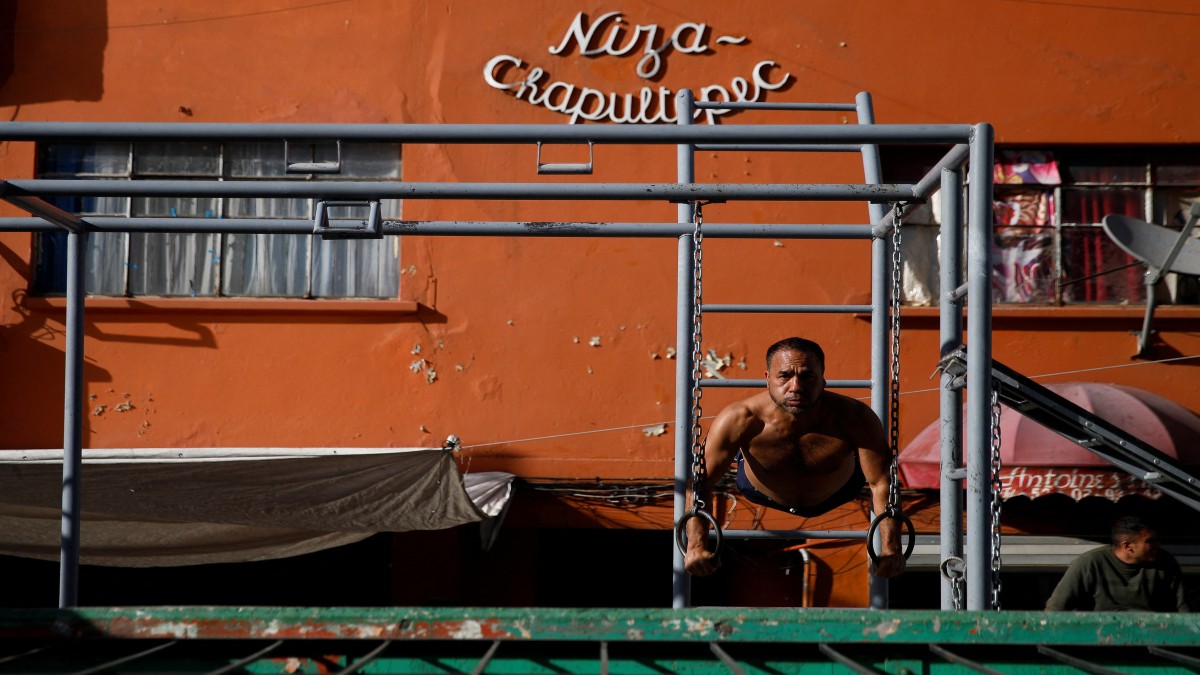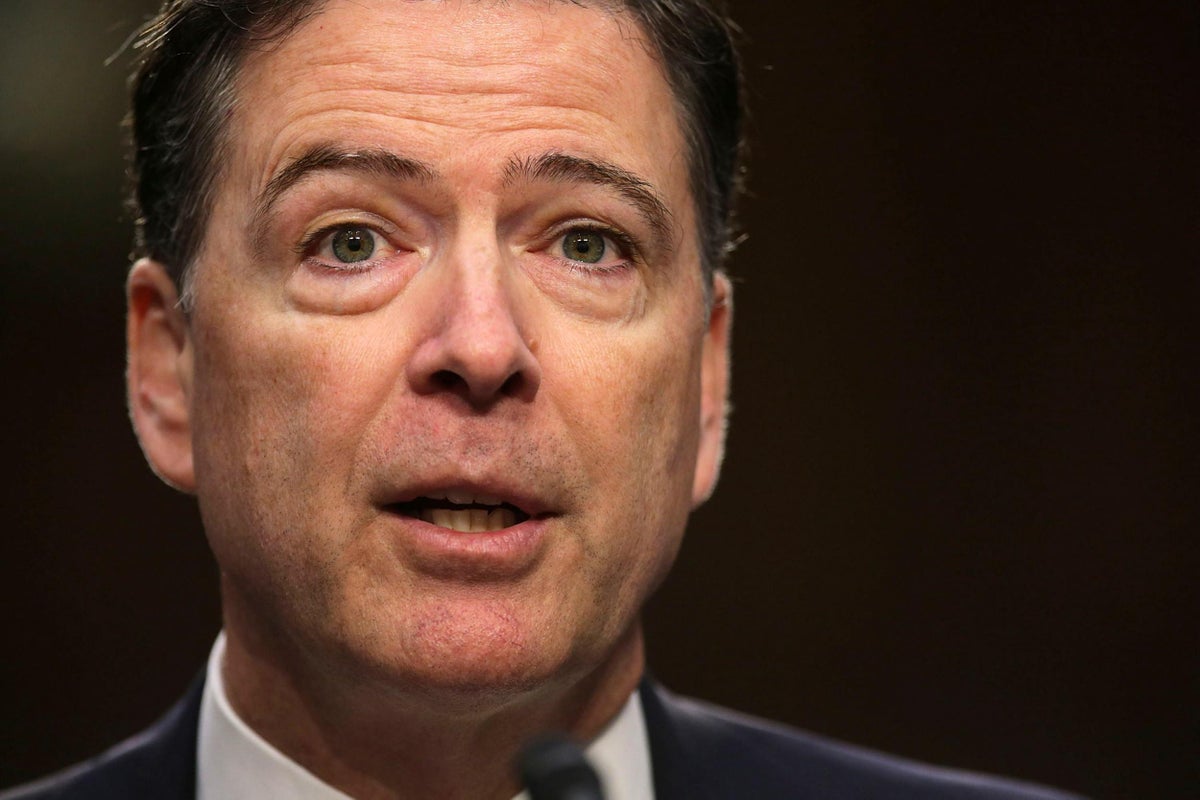What might once have been dismissed as just another of its fanciful affectations, Eurovision has a little motto: “United by music.” These days, however, the song contest is increasingly divided.
The camp shindig in which 40-odd countries parade their finest pop wares has become a prime target for those looking to score wider political points – latterly, by those protesting the Israeli government’s action in Gaza. In recent years, there have been calls for Israel to be banned from the competition, much as Russia was after its invasion of Ukraine.
One of Eurovision’s most consistent participants, Israel has found its road to this year’s grand final rockier than usual. Its performer, Yuval Raphael, a 24-year-old singer, is a survivor of the 7 October attacks – and yet was booed during last weekend’s opening “turquoise carpet” parade through the host city, Basel. One demonstrator, reported to the police, was accused of making a throat-slitting gesture to the Israeli delegation. A group carrying Palestinian flags had to be ejected from Raphael’s rehearsal performance.
Dozens of former Eurovision contestants added to the downbeat mood by signing an open letter demanding that Israel be disqualified. So fans like me were holding their breath before last night’s semi-final, to see what the reaction would be.
Thanks to “audio-masking” technology, viewers at home will have been entirely unaware of the protesters in the St Jakobshalle auditorium, whose piercing whistles were artificially drowned out while Raphael performed her moving ballad, “New Day Will Rise”.
Raphael has admitted that she has prepared for the boos. Being slated on stage is nothing compared to what she went through in October 2023, when she attended the Nova music festival at which more than 380 people were killed in the Hamas-led terrorist attack. She hid with others in a bomb shelter, but the shooters found them and killed many. Raphael played dead, hiding beneath a pile of bodies for eight hours, before she was rescued.
One development after last night’s semi-final was that Ncuti Gatwa will no longer be the United Kingdom’s spokesperson. The Doctor Who star – a high-profile critic of the Israeli government’s action in Gaza – had been lined up to reveal who gets our “douze points” in Saturday’s grand final. Yet just minutes after the line-up was confirmed, the BBC announced that he was “no longer able” to attend, due to “unforeseen circumstances”. What those might be have yet to emerge – but, suffice to say, “Eurovision Twitter” has been full of speculation.
I’ve attended Eurovision – Vienna 2015, since you ask – so I know what a thrilling, vibrant occasion it can be, one where an entire city is actually united by music. So I find it all the more unfortunate that the song contest has become a flashpoint for misplaced anti-Israeli sentiment.
Last year, in Malmö, Israel’s 20-year-old singer, Eden Golan, had to be surrounded by security as she travelled between hotel and the contest, after more than 10,000 pro-Palestinian protestors, including Greta Thunberg, descended on the highly policed city. Dozens were arrested. A noisy vigil was kept outside the performer’s hotel.
This year, the anti-Israeli sentiment has only grown. Kevin Bakhurst, head of Irish public service broadcaster RTÉ, got the ball rolling by asking the European Broadcasting Union for a discussion on Israel’s involvement, saying he was “appalled by the ongoing events in the Middle East and by the horrific impact on civilians in Gaza”.
In unrelated news, the Irish entry was knocked out in the same semi-final that saw Israel sail through. As one wag on social media noted: “For all the talk of Ireland boycotting Eurovision, it has predictably ended with Eurovision boycotting Ireland.”
Long before this year’s contest began, more than 70 former Eurovision participants had called for Israel to be banned. Their open letter read: “By continuing to platform the representation of the Israeli state, the EBU is normalising and whitewashing its crimes.”
And yet the EBU has also lifted its long-standing ban on contestants appearing on stage with non-national flags, which will doubtless mean pro-Palestinian symbols will abound in tomorrow’s final.
But an event featuring big bangers and big frocks is far too frivolous to involve the real world. According to a recent EBU statement, Eurovision is “a universal event that promotes connections, diversity and inclusion through music”.
There’ll be plenty to enjoy in this year’s final – the UK’s winsome country lasses, Remember Monday, Sweden’s ode to the sauna, Finland’s pneumatic dominatrix bringing some industrial noise, among even more crackpot performances. In a world of seemingly insoluble problems, is it too much to ask that people be allowed to connect in a small way, within a warm and welcoming community, even if it is for just a few days?
)




